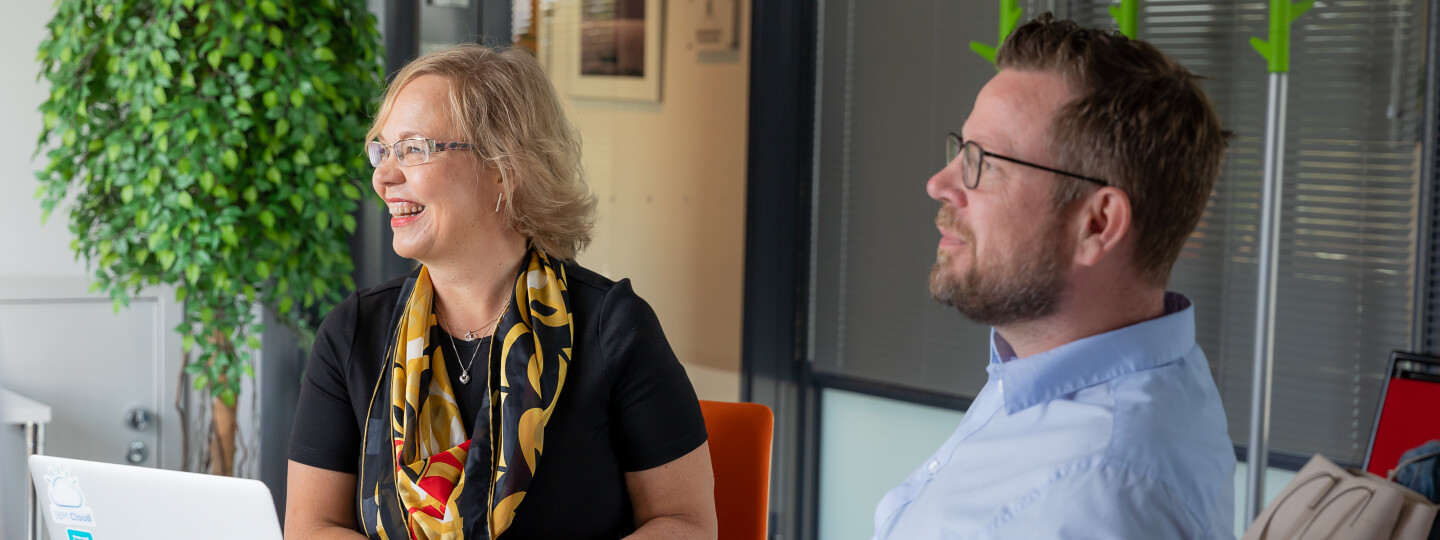Our experts are featured in national and local media as well as in various important social institutions, and they offer their opinions on pressing themes.
Kari Liuhto, Director of the Pan-European Institute, professor of international business, has strong expertise in, for example, the changed trade relations between Finland and Russia, and he has become a frequent commentator in both domestic and international media in recent years. Thanks to his extensive experience with Russia, Liuhto has been able to comment on the crisis in Ukraine and its global effects in a very versatile manner; for example, references to Liuhto in domestic online media quadrupled in 2022, compared to 2021.
Mika Kortelainen, professor of health economics, who has studied the effectiveness of public services, the impact of health care reforms and the effects of school choices, led the health economics working group of the Tilannehuone research group. Tilannehuone was a research group on the COVID-19 pandemic and economics, founded in spring 2020 by the Helsinki Graduate School of Economics and VATT Institute for Economic Research and comprising more than 20 researchers from different fields of economics. Tilannehuone combined the register data produced by various authorities extensively and in real time in an unprecedented way. The reports produced by Tilannehuone helped decision-makers to understand how the COVID-19 pandemic and its countermeasures affected society. Tilannehuone ended its operations at the end of 2021.
Our professor of business law, Reijo Knuutinen, has studied, among other things, the boundaries of acceptable tax planning and the relationship between corporate responsibility and taxation. Knuutinen has participated in legislation drafting, for example, by giving opinions to the Tax Division of the Finance Committee in Parliament and participating in the expert groups of the Ministry of Finance.
Antti Fredriksson, Head of Subject of Accounting and Finance, is a member of the Government Audit Committee. In addition, Fredriksson was a deputy member of the accounting board operating within the Ministry of Economic Affairs and Employment in 2019–2021.
In addition, the Turku School of Economics has had representatives in the Finnish Economic Policy Council. The Council’s task is to provide an independent assessment of the state of the economy and the appropriateness of the current economic policy. Our professor Jouko Vilmunen served as the Chairperson of the Council in 2019–2023.


